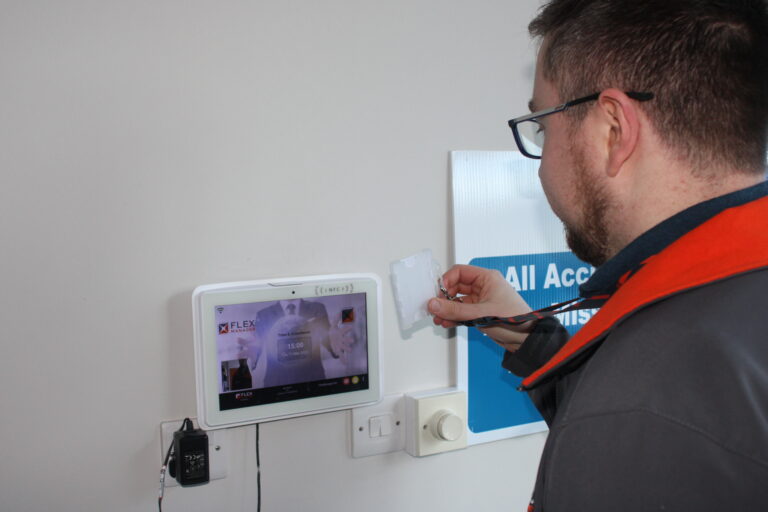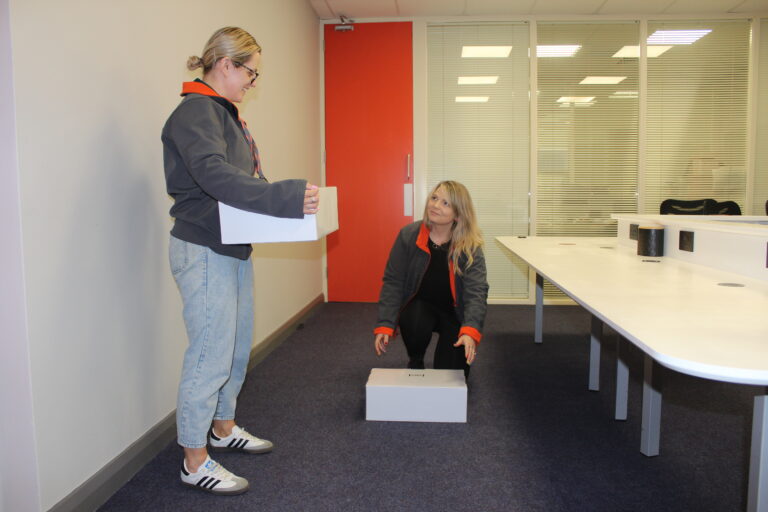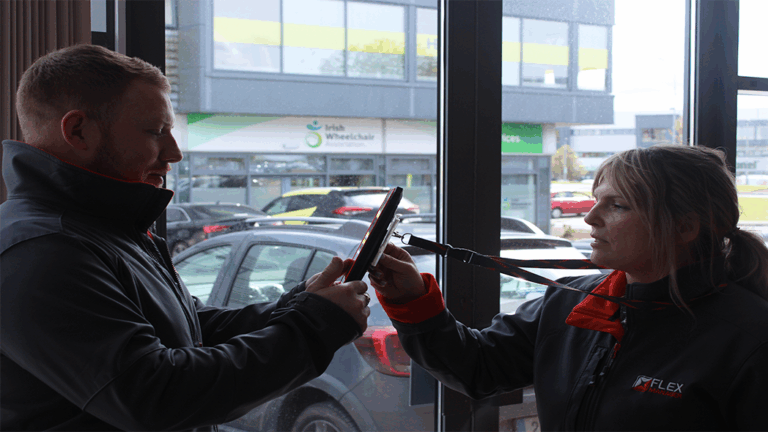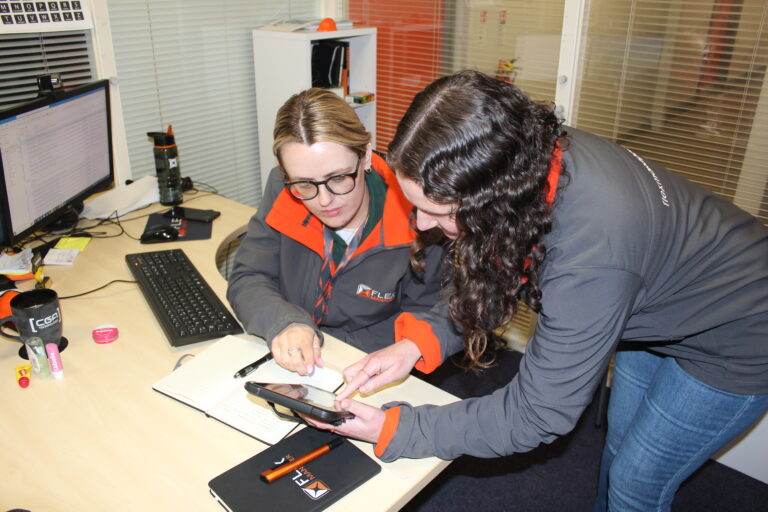To promote awareness for CIF Safety Week 2022, we at FlexManager have compiled a list of some of the most important and potentially overlooked workplace health and safety areas.
With the evolution of workplace environments in recent years, the ability of employers to maintain a high standard of health and safety has proved increasingly complex.
The prevention of injury and incidences can have hugely positive implications. Employers will avoid liability claims, while improving productivity and morale within an organisation.
The following elements of workplace health and safety compliance have been identified by FlexManager for the proven positive results they have in a company’s legal, economic, moral, and ethical behaviour.
Incident Reporting
The purpose of incident reporting in the workplace is not just to document and record each near-miss or accident that occurs in a professional setting. The true intention of this process is to identify quickly what the cause of the incident was, and how to effectively prevent similar mishaps from occurring in the future.

It is estimated that for every 600 near misses recorded, 10 serious accidents occur. Furthermore, 1 in every 10 serious accidents can have fatal results.
Typical incident reporting processes used in many companies include cross departmental efforts using several complicated forms and additional follow-up reports. Many organisations use a paper-based process that requires the use of valuable time and resources to achieve maximum results.
With the use of high-quality software such as FlexManager, it is possible to significantly cut the level of time and effort needed to maintain employee safety in a professional work environment.
Optimal results can be realised in a much shorter time frame with the assistance of an automated system that can quickly notify all relevant parties of an incident as it happens and provide a platform to communicate and collaborate on all necessary elements in one location.
Lone Worker
A major impact of the COVID-19 pandemic has been the diversification of how and where people work. The modern work environment no longer consists of a simple brick-and-mortar office. Employees now find themselves Working From Home (WFH), or operating as lone workers more than ever before.
Lone workers are frequently placed in harm’s way. It is estimated that in the UK 150 lone workers are verbally or physically attacked daily, resulting in approximately 55,000 attacks every year.

Lone workers require a different form of supervision than typical on-site professionals. A variety of important factors need to be addressed when ensuring the health and safety of lone-worker employees, including the following:
- How frequent should an employee check in to confirm their safety
- Providing a safe means of travel (if necessary)
- Access to adequate rest, hygiene, refreshment, welfare and first aid facilities
- Emergency procedures for worst-case scenarios
A comprehensive software system, such as FlexManager, can effectively track lone workers, and notify relevant parties of their well-being through an easy-to-use mobile app.
FlexManager creates an additional element of security that aims to prepare lone workers for abusive confrontations with the objective to reduce the frequency of attacks.
Display Screen Equipment (DSE)
Not all matters of health and safety are related to isolated incidences or are immediately life-threatening, but are still crucial to the overall welfare of employees. Poor DSE evaluations can cause long-term injury to employees which leave employers vulnerable to legal liability.
A common injury brought on by a lack of ergonomic workstations is musculoskeletal conditions (MSK), of which 65% of the global workforce experience in some form or another. By ignoring the daily needs of employees, staff can become seriously underappreciated.
80% of workers leaving their job cite a lack of appreciation as the primary reason.

This has a damaging impact on morale which in turn affects profitability. Companies that maintain a high level of morale levels have an estimated:
- 17% greater productivity
- 21% higher profitability
- 41% less absenteeism
A key issue with completing DSE evaluations is that companies will often use a generic process that does not analyse the specific industry or operational requirements. By not having a focused process relating to the needs of the individual, DSE evaluations will be ineffective and time-consuming. Companies will have a poor ROI in relation to the resources put into the task.
The use of detailed procedural software that has to gather vast amounts of industry-specific data, such as FlexManager, will allow employees to see instant results on their DSE evaluation. Ease of completion and access to documentation creates more time for employees and employers to focus on operational excellence.
Conclusion
The need for employers to focus on the health and safety of their staff is growing as matters of legal, economic, and moral become increasingly important in the modern workplace.
Health and safety policy and procedures by monitoring, organising, and analysing crucial data to ensure that every employee’s health and safety need is attended to.
With FlexManager’s award-winning OHS software health and safety policies and procedures can be monitored, organised, and analysed in one platform, ensuring that every employee’s needs are met to the highest standard.












